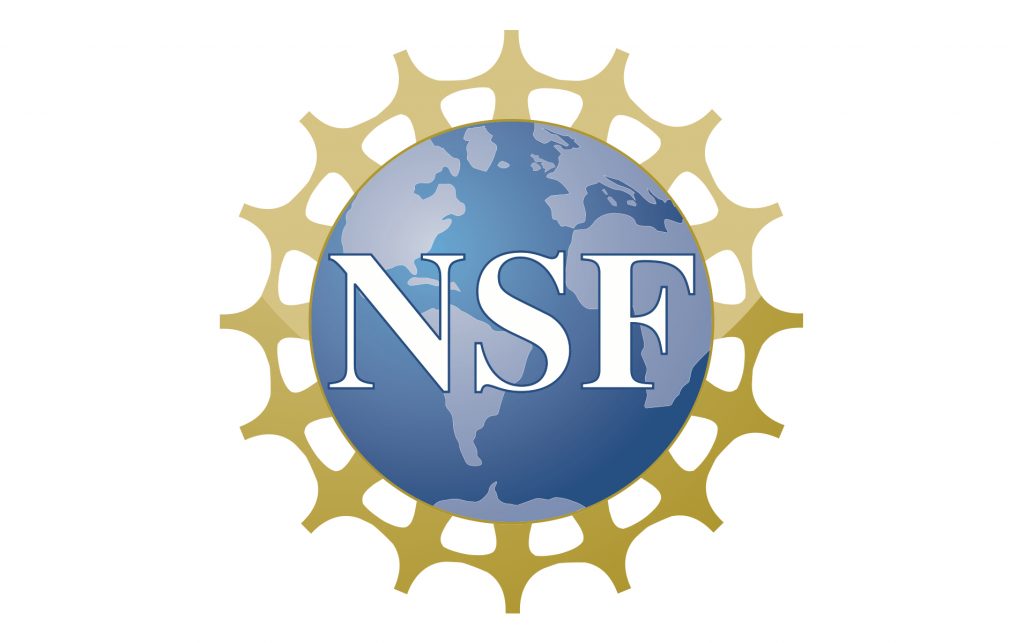
A $3.5 million grant has been awarded to fund a five-year cybersecurity scholarship program for 24 Binghamton University students.
The National Science Foundation’s (NSF) CyberCorps Scholarship for Service (SFS) program hopes its grant will produce highly trained and diverse cybersecurity professionals to fill a gap in cybersecurity positions, with about 465,000 open cybersecurity positions nationwide in 2021 according to CyberSeek, a database that tracks changes in the tech job market. To help accomplish this, the two dozen students recruited must work in government cybersecurity positions for the same length of time as their scholarship was administered.
Ping Yang, director of BU’s Center for Information Assurance and Cybersecurity (CIAC) and associate professor of computer science, was the driving force for the grant. Yang explained that this gap exemplifies the lack of defense of the nation’s cybersecurity infrastructure and the urgent need to find a solution.
“In the context of this high demand, government agencies have to compete with the private sector for a limited pool of cybersecurity professionals,” Yang wrote in an email. “This grant will contribute to this critical national need by recruiting and training talented students for entry into the government workforce and for long-term success in cybersecurity careers. It will help develop a pipeline of cybersecurity professionals and provide them with experience working for the government through summer internships and job [placements].”
BU President Harvey Stenger said he is confident in the University’s ability to curate a successful workforce through the grant.
“We know there’s a huge need in this field for highly trained experts,” Stenger said as per BingUNews. “[BU] has a long-standing commitment to first-generation students and scholars from underrepresented minorities. We also have a robust set of course offerings and [scholarships] related to cybersecurity. It’s exciting to know that [BU] will play a part in diversifying this essential workforce.”
According to BingUNews, the SFS program will be administered by faculty members from the Thomas J. Watson College of Engineering and Applied Science’s computer science department and electrical and computer engineering department. The faculty cover a range of research interests, including architectural support for security, software and systems security, steganography, artificial intelligence-based security and mobile security.
SFS scholars will be recruited from the Watson College graduate program and could first be enrolled in fall 2022. The process will start off small, according to Dmitry Ponomarev, professor and associate chair of computer science, with around two students in the first year it is administered and five or six in the following years.
“We also will integrate this program with other research activities, so students can be involved in current research grants,” Ponomarev said per BingUNews. “There will be synergy, especially with two departments working together.”
The curriculum and training will be attentive and thorough, according to Yang.
“All SFS scholars will undergo a rigorous curriculum, research and practical training through cybersecurity courses, personalized academic and research advising, cybersecurity conferences/seminars, participation in cybersecurity competitions and K-12/community outreach activities,” Yang wrote in an email. “Scholars will also be trained in critical skills needed to succeed in their careers, including ethics, communication, writing, presentation, critical thinking, leadership and teamwork.”
With regard to the grant’s acquisition, Yang said BU’s accomplishments in cybersecurity research and academic programs made it a standout. According to the grant, requirements include “documented evidence of a strong existing academic program in cybersecurity” and scholars to be enrolled in a “coherent formal program that is focused on cybersecurity.” The University was designated a National Center of Academic Excellence in Cyber Research through 2025 by the National Security Agency and the Department of Homeland Security. BU also hosts CIAC and offers a specialization in information assurance, an advanced certificate in the cybersecurity program, a graduate cybersecurity track and 19 cybersecurity courses, according to Yang.
“So we met both requirements,” Yang wrote. “We submitted a proposal to the NSF scholarship for a service program in July 2021 and had an NSF site visit in [November] 2021. The grant was awarded by NSF in [January] 2022 and will start on Feb. 1, 2022.”
Krishnaswami Srihari, dean and distinguished professor of Watson College, said he is proud of the faculty’s collaboration in receiving the grant, as it was given to fewer than 100 universities.
“This will increase the visibility of [BU’s] cybersecurity efforts in the academic community and the U.S. government,” Srihari wrote. “Our researchers and students are building the future by tackling our 21st-century problems head-on. Ensuring that our data [remains] safe is a key part of that future, and all of us will benefit from the knowledge shared here at [BU] and Watson College.”
Weiyi Meng, professor and chair of the computer science department, credited Yang for the grant and the progressive effects it may have for the University in the future.
“Professor Yang’s vision, leadership and unwavering effort played an instrumental role in securing this grant,” Meng said. “It is probably the largest single grant in the history of the department and it will have a big impact on the department, Watson College and [BU] for many years to come.”
Santiago Parra, a junior majoring in computer science, expressed interest in what the SFS program means for the future of the computer science department.
“Computer science is one of the fastest-growing fields in the job market,” Parra said. “Being a part of a program that can [ensure] a career, especially in regard to government cybersecurity, is a serious accomplishment. I think this will draw a lot more undergraduates to focus on cybersecurity within the computer science department.”


